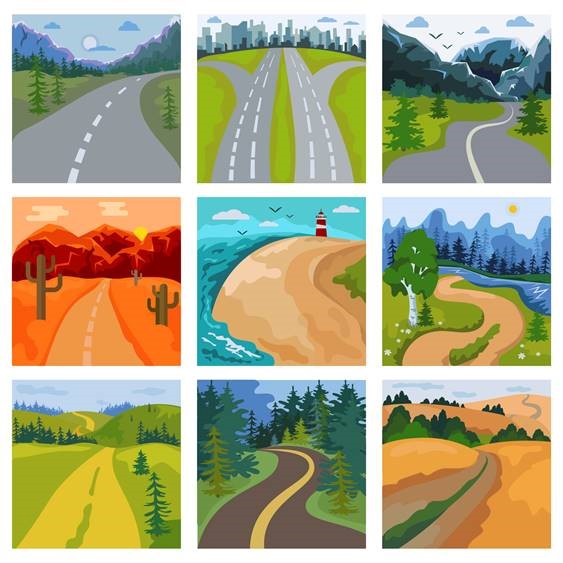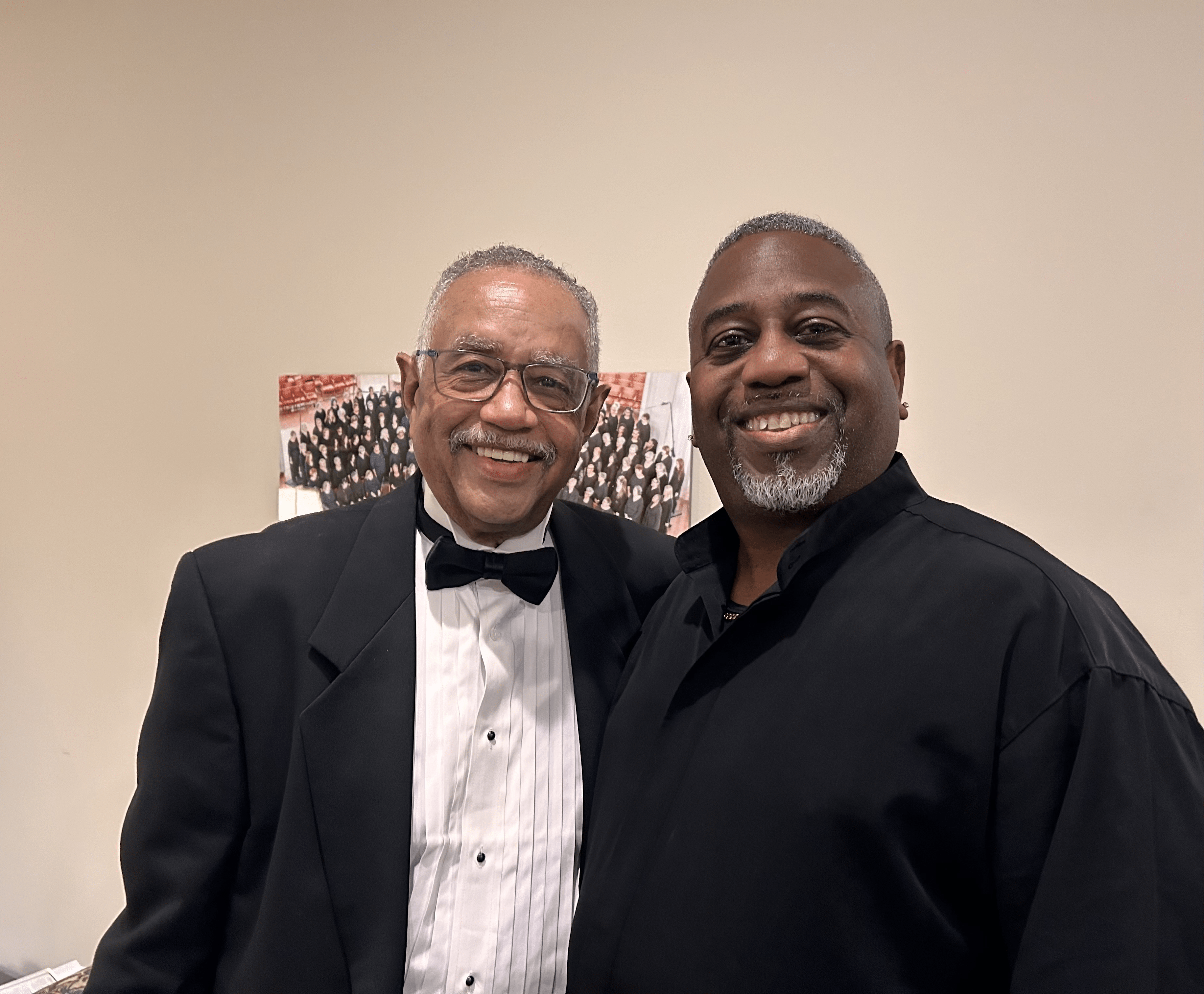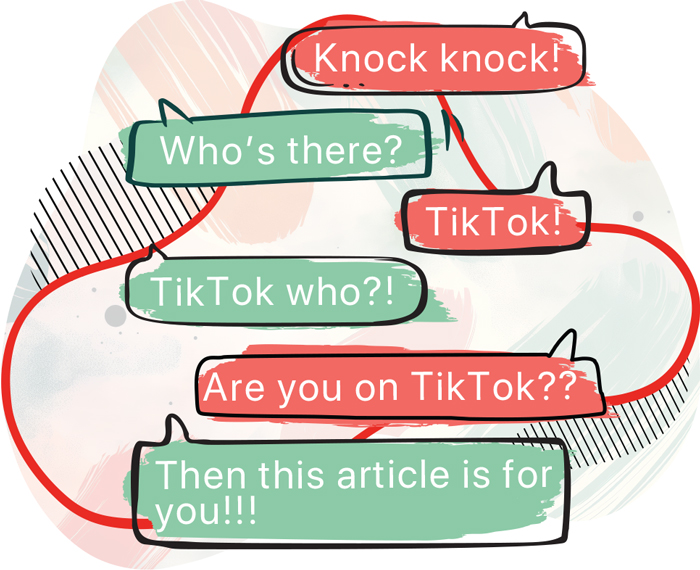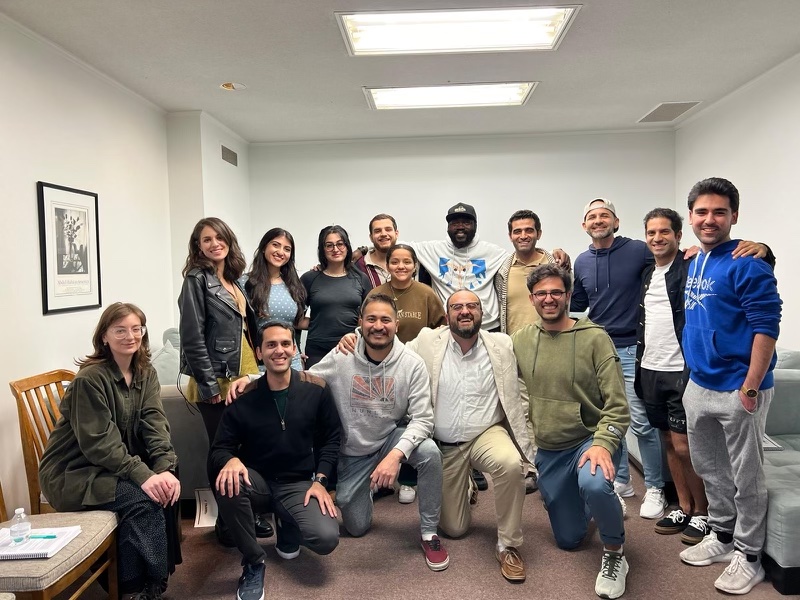
The Gilmers and Grammers on the Power of Music to Shape Families

Story and Interview by Michelle Goering
Bahá’ís and their friends strive to employ the arts to build unity of thought, increase joy and connection in our communities, and build creative capacities – especially in children and youth. Writer Michelle Goering interviewed two fathers and their adult sons—Van and Sean Gilmer and Red and Andy Grammer—whose families’ decades-long leadership in using music to promote Bahá’í truths and ideals continues to inspire thousands.
Van Gilmer, an accomplished soloist and the Music Director at the Bahá’í House of Worship in Wilmette, formed The Gilmer Family vocal group, spreading the teaching of the Baha’i Faith and inspiring his son Sean Gilmer to embark down his own musical path, integrating hip-hop into Baha’i spaces. Beloved in households across generations, Red Grammer’s children’s songs shaped the hearts and minds of young people across the nation, including his son Andy, who followed in his father’s footsteps, connecting with millions of fans as a touring musician. Goering asked the families about their experiences with music and the Bahá’í Faith, and what advice they have for parents encouraging their own children in the arts.
Michelle: Van, could you share a musical memory of your son?
Van: I was thinking about a song I was writing, and I heard this music in the basement. I went downstairs and said, “What are you doing?” and Sean, who was in high school, said, “I’m writing a song.” And it went [sings], “I give up, I give up on hate.” . . . I said, “I have a song that would go with!” The song was from Bahá’u’lláh’s Hidden Words: O Son of Being! Love me, that I may love thee. If thou lovest Me not, My love can in no wise reach thee. Sean’s was kind of a reggae [rhythm]. I would never think to write something in that.
Sean: It was the perfect connection of different types of music…I was on the National Youth Committee, writing music . . . with the Bahá’í youth. We were trying to bring in our friends and that was part of the beat I was making: ‘I give up, I give up on hate.’
Van: And so we put [them] together. The Gilmer Family was singing that Sunday at a youth conference. We [performed] it and it was a hit! We did that song again last year to end the choral festival. The reaction was way beyond what I expected. People started standing, clapping and singing. We had never had that happen before in the House of Worship. Never. I didn’t know what to do; I just knew to keep going, keep going. . . .
Sean: We never would have thought that we would still be singing that song [decades later]…Yeah, it was pretty fun.
Red, what about Andy?
Red: Andy sang in the preschool chorus, with a big smile on his face—full of joy, you know? When I think of what Andy does today with music I remember a talent show: Andy asked his mom to make him something to enclose a bean bag on his butt. And he stood on a chair and did this routine about a bird learning to fly. The kicker was he jumped off and landed on the bean bag…And his kindergarten teacher said, ‘When Andy’s got something funny to do or say, he waits until everyone is paying attention to him. And then he does it.’ For Andy, the music is a vehicle for this thing of sharing…The music didn’t really kick in for him until he made the varsity basketball team. Then he said, ‘Okay, I’ve done that.’ And he picked up one of my guitars…When the time was right, he just went.
Sean, do you have a musical memory of your father that stands out?
Sean: I ran across a picture of me, my dad, my sister Kim, and my mother, in South Carolina, on the steps of the state Capitol. And right beside us is a statue of a Confederate soldier. And there’s a Confederate flag flying above our heads. We were [a Black family] performing in a place where possibly [white] people would not want us to be…
Van: The Bahá’is had planned the event, maybe for Race Unity Day. This was in a different era, barely out of segregation…We said, ‘Why are we doing this?’ But the Bahá’is had planned it and it was important that we come.
Sean: And as [our family] started singing, the wind just came up and wrapped the Confederate flag around the flagpole.
Van: And it disappeared; by the time we were finished, you couldn’t see the flag at all. It just looked like a stick.
Sean: I also remember watching Dad in a [mixed-race] singing group with other Bahá’ís [called]Diversity’s Childrenin the ‘70s. We’re talking hippies, Afros and long hair. And it was exciting to see them singing these songs in harmony with percussion. And that was my inspiration for the possibility of doing music.
Van: And we were the first Black family in that neighborhood…[By law] they had to sell to whoever could pay…But the kids were being bussed to a Black school across the line from Washington, D.C. in Maryland—[mandated bussing to keep segregation.] And as time went on we started doing more Bahá’í-inspired music.
Sean: And we would have these Naw-Rúz parties at our house, and invite all the neighbors. Forty or fifty people would come…And there was nothing like our family doing music [in the Bahá’í community]. There was New Generation, a rock group made of Persian and white Bahá’ís. But there was no hip hop. We were making music that had never been made before in the Bahá’í community…We were like pioneers.
Andy, what about you? Do you have musical memories of your dad?
Andy: In country music there’s a saying: “three chords and the truth.” My mom and dad spent a lot of time [writing music], capturing the truth so that everybody could sing it together. Especially for children, that doesn’t happen a ton…It requires real work to sing about how to be a good person. My memories are of how good it feels when that is done correctly. We’d go to Dad’s shows and see all these people that were grateful to sing about the truth together. Growing up in that space was really cool.
There’s a great quote about music from ‘Abdu’l-Bahá: “Whatever is in the heart of man, melody moves and awakens…melody causes whatever feeling is in the heart to increase.” Music is an intensifier. So I learned all this invisible architecture. People come to you [as a musician] with hearts that are weary, and if you’re good at what you do, they will leave feeling lighter, more connected, different.
Do you have advice for parents who want to encourage their children in the arts?
Van: I wasn’t thinking about teaching my kids music. I just sang and they would come with me. They’d be in the audience, listening. Then, about high school-ish time, we started doing things together, and all of a sudden we were The Gilmer Family.
Sean: I think it’s the same for my children. I never taught them music. Sometimes parents push . . . and I think that’s a mistake. My children’s mom’s father, Walter Heath, and his family are also musicians, so they grew up with music around them all the time. They automatically, naturally like to sing and to dance…Most people who are around music a lot, even if they don’t sing or play an instrument, will listen to music all the time. Putting children around the arts a lot, they will feel comfortable, and eventually they might connect with [making] it.”
Red: First, give them lots of opportunities to experience things, with no expectation. I’d come home with cassettes from children’s festivals. And [Andy’s brother] Dave would sit in his room and play them all. There was one with sea shanties. Even when he was older and into Nirvana, he’d put on the sea shanties sometimes. He just loved music!
Then, if you see a musical flower growing, encourage the love of that relationship. So [the learning is] self-driven, instead of shutting it down with heavy [parental] expectations. And the other thing is to get a good teacher for who they are when they are ready. With most kids, it’s just about the love of what the music does: “It fills my heart up. I just love it when I play this!”
Andy: Music was never pushed on me, which is kind of fascinating. And I have a six-year-old and she can tell when I’m trying to teach her something. And she’s not in for that. [My girls and I] listen to gospel music in the morning, and we run around the kitchen island together. And when “Shake It Off” by Taylor Swift comes on, me and my daughter dance, and it’s the best thing that’s ever happened. And we make up songs all day long.
Final thoughts?
Sean: When I went with Dad to the dedication of the Bahá’í Temple in Santiago, we were rehearsing and I was doing some hip-hop beats on the cajón. And some [Indigenous] Peruvians from the rain forest came in to play and said, ‘How do you know this beat? We’ve been playing this pattern forever.’ [Music] is just so universal.
Andy: If you recognize the importance of the arts but don’t feel like you can do it, remember you are being courageous not just for yourself, but because your kid will see you do it. You’re being courageous for the whole line that’s underneath you. And everyone’s rooting for you.
Red Grammer and son Andy singing together on television




